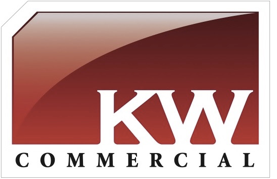As you immerse yourself in the commercial real estate industry, you’ll come across various terms, acronyms, and abbreviations that you should become familiar with. Below are several important terms to know.
CAP Rate – Property Net Income / Property Value (Price)
Cash on Cash – Net Cash Flow / Initial money invested
IRR – Internal Rate of Return for a specific property in a certain time period
NOI – Net Operating Income = Rental income – Operating Expense
Most these terms can be further researched by a simple Google search so anyone interested can access the definition of these terms. The more important aspect is to learn how to apply them to real life situations.
For example, a property with a price of $1,000,000 may give your $100,000 in Net Operating Income (NOI), so the CAP rate for this property is 10%. If the NOI is $80,000 for the same property, then, the CAP rate is 8%.
Based on the above example, the first conclusion would be that the higher the CAP, the more money the property makes, therefore, it is best to always try to buy property with the highest CAP rate in the market. If those were the only factors to consider, then this assumption may be correct. However, in the real world, we have many more factors to consider. Factors like the quality of the building, the location, the demographics, the submarket, the tenants’ credit worthiness and the way leases are written all contribute to the property’s value. Thus, the better built properties with more credit worthy tenants and better leases in better locations will likely have lower CAP rates, while the properties with deferred maintenance, slow or non-paying tenants could have much higher CAP rates!







